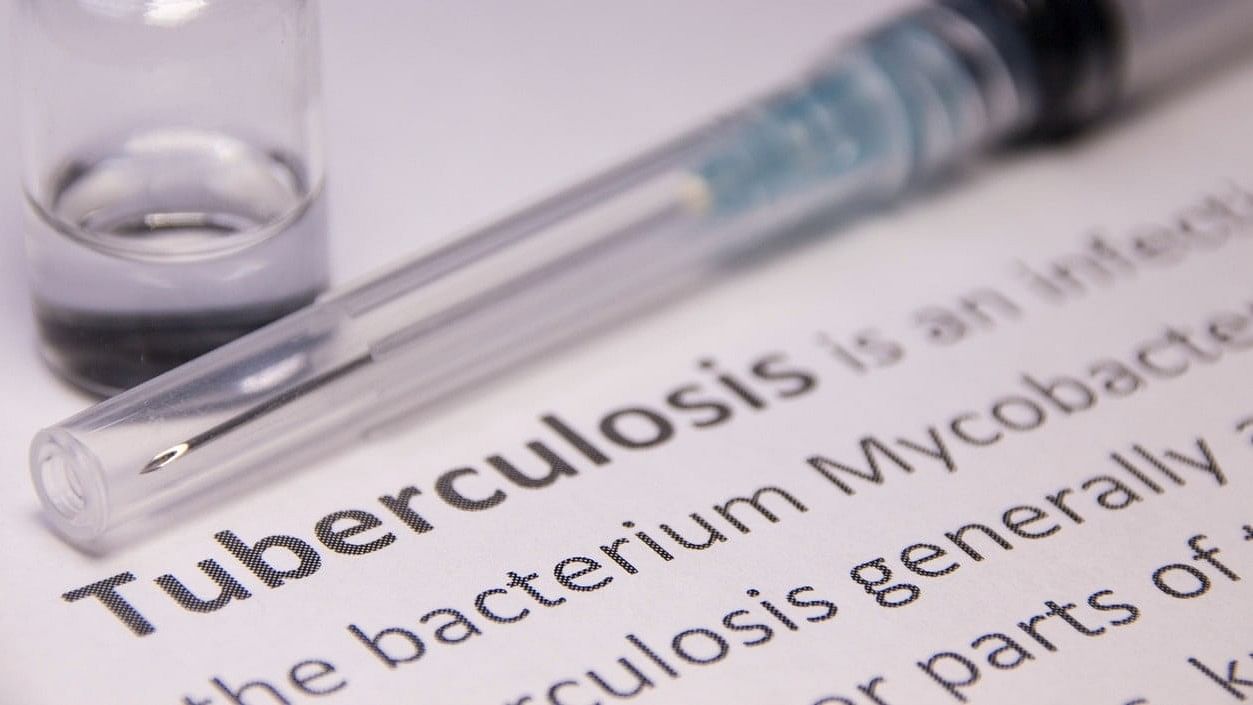
Representative image with the word 'Tuberculosis'.
iStock Photo
New Delhi: A common anti-asthma medicine can reduce the treatment duration for tuberculosis, biologists at the Indian Institute of Science have suggested after studying the drug’s role for close to a decade.
The scientists now plan to revive their earlier proposal to the Indian Council of Medical Research for conducting a clinical trial as the previous attempt to carry out such a trial didn’t materialise due to the Covid-19 pandemic.
“It is impossible to tell how much the treatment duration will be shortened without a human trial, but we guess it can be up to two months. We plan to revive our proposal to the ICMR to examine repurposed use of Pranlukast, an anti-asthmatic drug, for TB treatment,” Avadhesha Surolia, a senior scientist at IISc's molecular biophysics unit told DH.
The Bengaluru team has been working on the repurposed medicine for many years and reported earlier how it can be useful in TB treatment. This time while further exploring the underlying immunological processes, they not only found the mechanism of how the bacteria were killed but also how the medicine helped repair the lung tissues.
With tuberculosis being India’s number one public health priority, medical researchers in many institutes explore new ways to improve the efficacy of the treatment and ensure better compliance of the six to nine-months long treatment regimen.
The Bengaluru duo worked with macrophages, a type of white blood cells, in which the TB bacteria grows.
Surolia and his colleague Raju S Rajmani have shown how Pranlukast, a drug used for asthma treatment, recruits specific types of macrophages that directly kill TB bacteria and concurrently heal the lung tissues that were damaged due to infection.
They identified specific roles played by the two subtypes of macrophages and found how one particular type reduced the bacterial burden in the lungs by increasing the number of pro-inflammatory macrophages.
“In the fight against TB infection, the dynamics of macrophages within the lungs are crucial. Understanding the interactions and relationships between Mycobacterium tuberculosis and macrophages during the progression of the disease is essential to design host-directed, immunomodulation-dependent therapeutics,” added Rajmani. All the studies so far have been carried out in animal models.
According to the Union Health Ministry’s India TB Report, 2023 more than 24 lakh TB cases were notified in 2022 including 63,801 diagnosed cases of multi drug resistant TB. The Centre has set a TB elimination target by 2025, advancing the UN target by five years.
The research was published in Frontiers in Immunology earlier this month.
